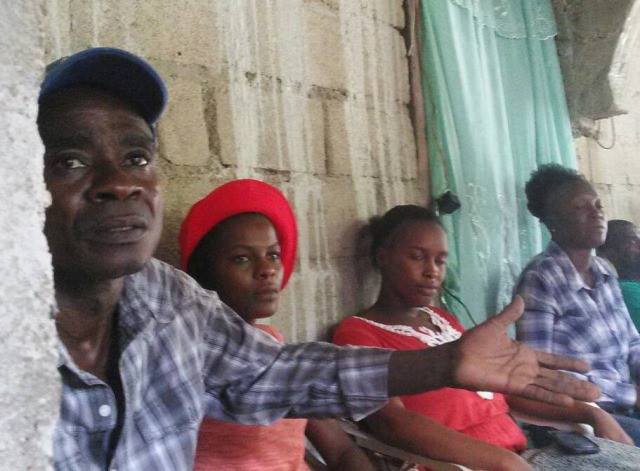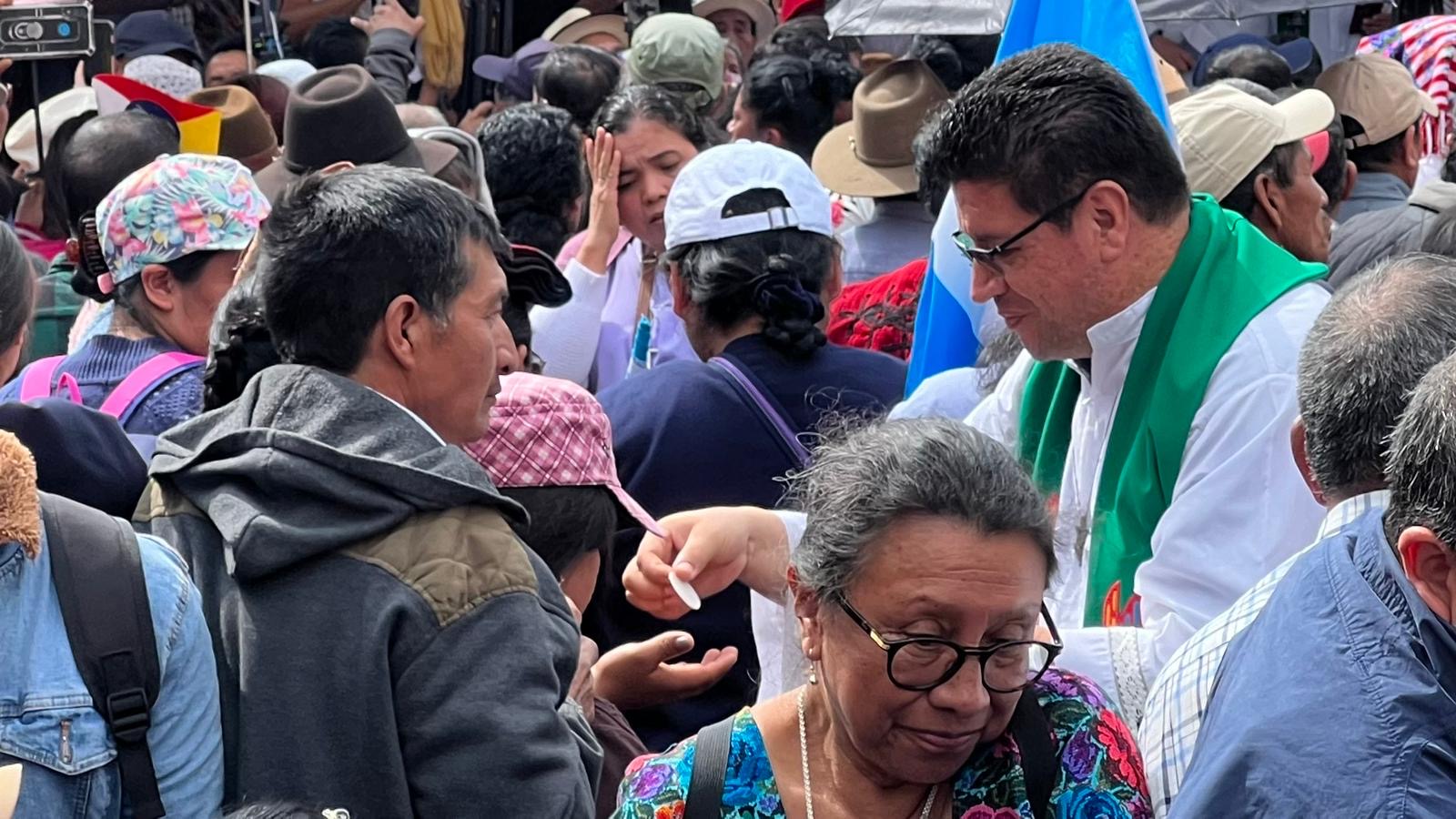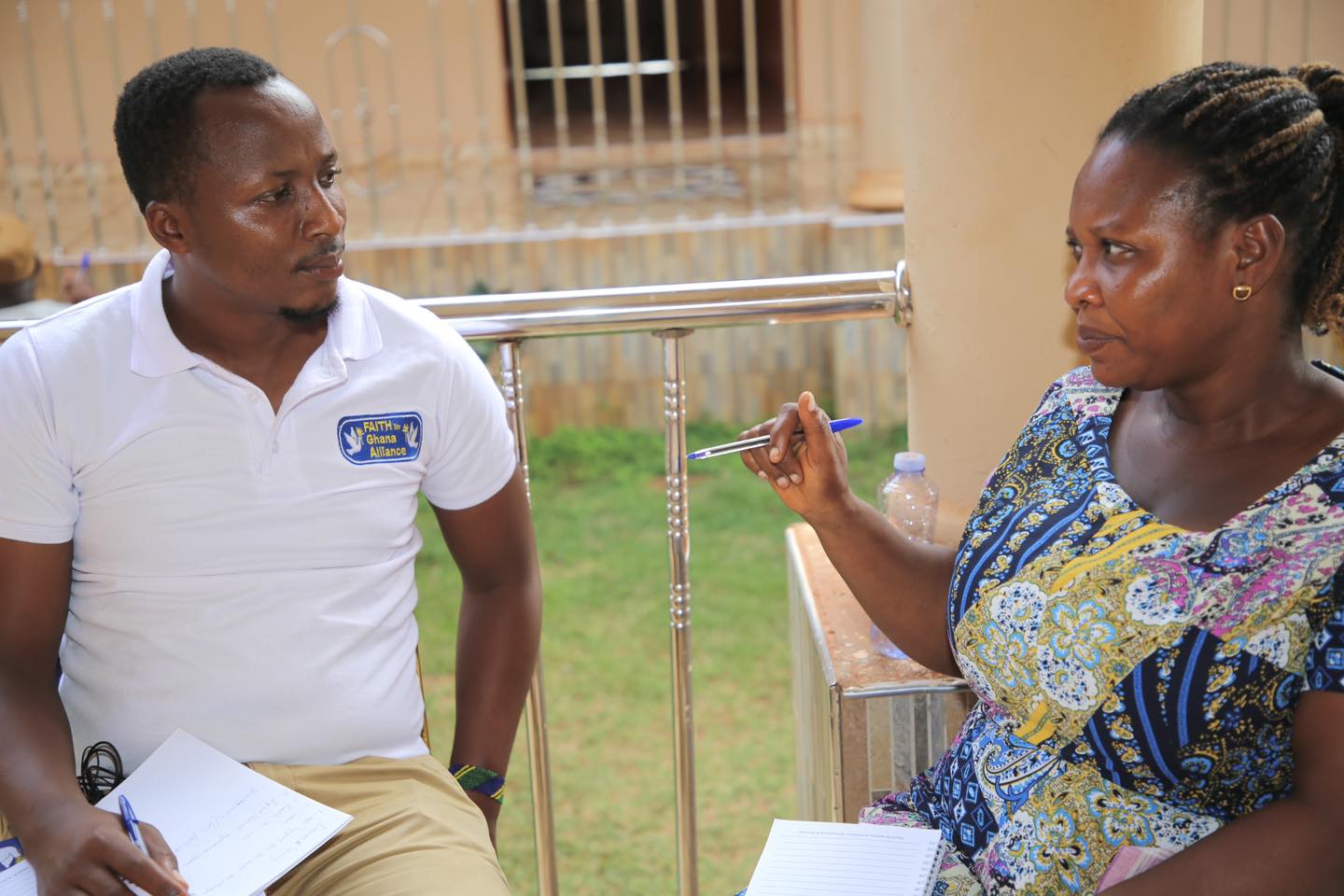The Root Causes Initiative, a network of faith-based and grassroots organizations across Central America, Mexico, and the U.S., released a sign-on letter to support the Guatemalan people's fight…
Let’s plant today so we can feed ourselves tomorrow.
With hunger rising in Haiti, 300 grassroots leaders, clergy, and allies from the People ’s Organization for the Development of Northeast Haiti (OPODNE) gathered for a general assembly in August, 2022 to launch a campaign to promote local agriculture and fight hunger.
Dozens of mayors, civic, religious, and community leaders signed OPODNE’s Let’s plant today so we can feed ourselves tomorrow covenant. The covenant calls on the government, NGOs and the private sector to work through local farmers to combat hunger, restore the “Konbit” (working together) movement, provide seeds, tools, irrigation, and technical assistance to adapt crops to climate change so that Haitians can restore their capacity to feed themselves, instead of being dependent on imported food.
OPODNE’s is organizing farmers into cooperatives and pushing USAID and international development companies and NGOs working in Haiti to provide farmers in 22 villages in Northeast Haiti with high-quality seeds, tools, and fertilizer so Haitians can play a larger role in a long-lasting response to hunger in their country. Longer-term goals focus on better infrastructure (irrigation, transportation, storage) and expertise (agronomists to help farmers adapt to drought and climate change, changes in land-use policies) and greater public investment in small-scale farming. In December, more than one-thousand religious leaders and people of faith in the U.S. wrote USAID Administrator Samantha Power in support of OPODNE’s campaign, urging USAID to work through local farmers to respond to rising hunger.
More than five million Haitians are hungry because they can’t afford the price of imported food, while land stays fallow. In spring 2022, OPODNE surveyed 4,000 farmers in 22 localities about their experience and needs. From this listening process, OPODNE found that the most pressing issues are drought and the inability to buy seeds, fertilizers, and tools to make it worthwhile to cultivate the land.
While OPODNE leaders are determined to get government to work for ordinary people, they also used their General Assembly to model and celebrate what accountable leadership looks like. In addition to signing the covenant in support of farmers, a team of leaders elected in each of 22 communities took an oath to serve their community, sang the national anthem, broke bread, and headed back home to serve their communities.



